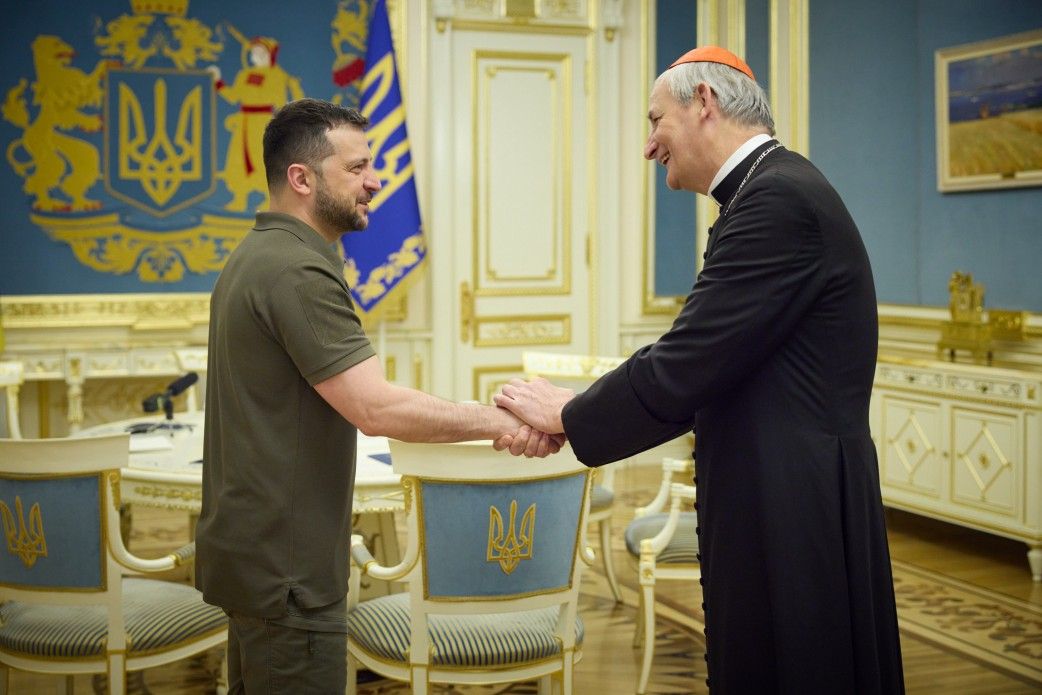Pope criticized for telling young Russians to uphold legacy of tsars

Pope Francis has been criticized for telling young Russian Catholics to uphold their heritage as "heirs of great Russia" and invoking the legacy of tsars Peter I and Catherine II.
Ukraine's Foreign Ministry spokesperson Oleh Nikolenko reacted on Aug. 28 by saying that similar narratives on Russia's imperial legacy are used by Kremlin propaganda to justify its aggression against Ukraine and the killing of thousands of Ukrainians. Last year, Russian President Vladimir Putin himself referred to Peter I's imperial holdings when providing reasons for Russia's war of conquest against Ukraine.
The pope's statement also attracted criticism from Estonia's ex-president Toomas Hendrik Ilves, who called his words "revolting," and from the Belarusian independent news outlet Nexta.
Major Archbishop Sviatoslav, the head of the Ukrainian Greek Catholic Church, said that the two Russian monarchs are the "worst example of imperialism and extreme Russian nationalism," warning that the pope's words "could be taken as support for the nationalism and imperialism that today has caused the war in Ukraine."
"The examples given by the Holy Father actually contradict his doctrine of peace, because he has always condemned any form of manifestation of imperialism in the modern world," said the leader of the Eastern Rite church that formally recognizes the Holy See's authority.
The pope made the speech during a video conference with the Russian Catholic youth in the Basilica of St. Catherine of Alexandria in St. Petersburg on Aug. 25.
"Never forget your heritage. You are the heirs of great Russia: great Russia of saints, rulers, great Russia of Peter I, Catherine II, that empire - great, enlightened, (country) of great culture and great humanity," the head of the Catholic Church said as heard in a video recording.
"Never give up this legacy, you are the heirs of the great Mother Russia, go ahead with it. And thank you. Thank you for your way of being, for your way of being Russians."
In the rest of Francis's speech published by the Vatican, he also told the Russian youth to be "artisans of peace" and to "sow seeds of reconciliation." Notably, the text released by the Holy See did not contain the controversial references to the Russian tsars.
On Aug. 29, the Holy See Press Office rejected the interpretations of the pope's words as praise of imperialism, stressing that Francis is a "convinced opponent and critic of any form of imperialism or colonialism, in all peoples and situations."
While repeatedly denouncing the Russian invasion in the past and calling for peace, Francis has made several controversial statements regarding the Russo-Ukrainian War. Last year, he suggested that NATO expansionism may have played a role in provoking Russia into attacking its neighbor.











